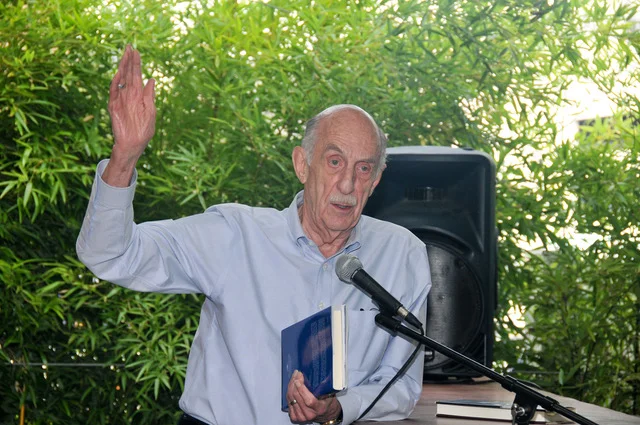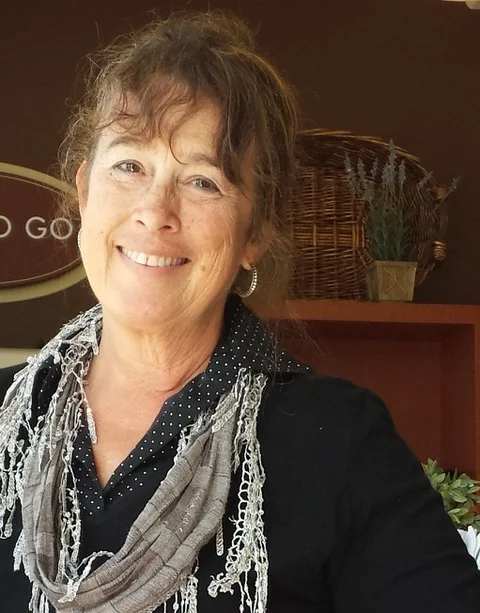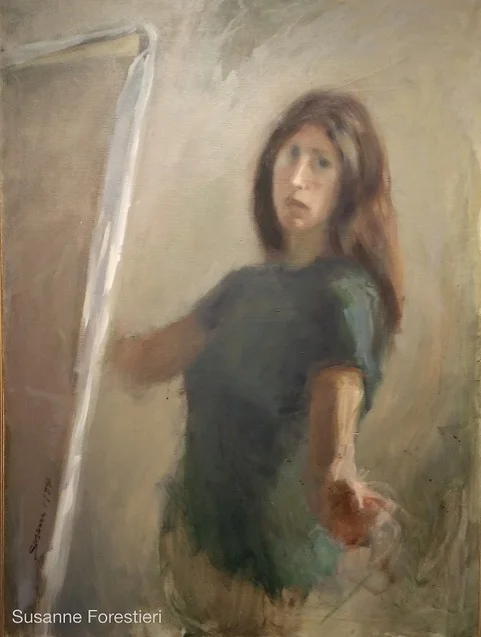A Letter to the "Self" of Note to Self
By Gus Pappas
This letter is the 2018 “Letters About Literature” Level 3 winner for the state of Nevada.
Dear Connor Franta,
I am sitting here writing a letter to a simplistic, beautiful, aesthetic human being on a Wednesday morning, 8:06 AM, on the spot, how thrilling.
Read More
Blood, Sweat, Tears, and Ink
By Anne Hoff
Community. Through ink, blood, sweat, and tears. The tactile quality, the magical appearance of transferred image, the heartbreak of visual “bust,” long hours of toil, rewarding surprises… this is printmaking.
Read More
A Complete Picture of America’s Opioid-Addiction Epidemic: Julie Buntin and Sam Quinones Together
By Heidi Kyser
In early 2012, I had coffee with an acquaintance who wanted to talk to me about a looming public health crisis. A nurse practitioner and the mother of a boy who’d recently started using heroin after abusing the opioid painkillers that he’d been prescribed for a lacrosse injury, she stood at the intersection of institutional medicine and drug addiction.
Read More
Mountain Mahogany
By Jared Stanley
This poem originally appeared in EARS (Nightboat Books, 2017)
Noctilucent clouds
purple light on the hills at night—
something halfwit grand about
mistaking the air over mourning
doves' wings for the teakettle,
warm in here, inside the war
Read More
The Rohingya at Olympic and Hauser
By Shaun T. Griffin
for Cody and Suzette
Trying to paint in the dust
of sirens, a burnished Mexican
man sprays bougainvillea
flowers from the patio.
How does the union occur—
this mayhem of art and exhaust?
in the backyard of my son’s
beloved, who sits in her room
Read More
Actively Bringing History to Life
By Lindsay Cook
A little over six years ago I was a college freshman at the University of Nevada, studying elementary education and working at Starbucks. I had a coworker at the time that worked part-time at Starbucks and also worked for Nevada Humanities. We talked a lot about education and history, and one day he asked me if I would be interested in being an intern for the Nevada Humanities’ Great Basin Young Chautauqua (GBYC) program.
Read More
Why Fund the Humanities?
By Christianna Shortridge
Why should the federal government fund the humanities? This is a question I’ve been hearing for the past 25 years through my work in and around Congress. As administrations and Congresses come and go, the humanities remain. The humanities have been around much longer than our federal government; they are what holds us together as a civil society, they connect us, and they will never disappear.
Read More
The Opposite of Addiction is Connection
By Todd Felts, Ed.D.
As a professor who teaches strategic communications, I was recently asked to moderate a discussion on pain and healing. I wasn’t sure what contribution I might make to the dialogue. At the Reynolds School, I teach students to identify audiences, develop a hook for a story, and share messages to resonate across communities and on social media during times of crisis. What could I offer to a discussion about current practices and pitfalls in treating pain or exploring non-traditional routes to pain management?
Read More
A Big Give for Nevada Humanities
By Nevada Humanities Staff
Want to be part of something really big? Nevada’s Big Give is coming on March 22, and Nevada Humanities invites you to participate and help us meet our goal of $5,000. You will have the chance to unite our community around causes you believe in and to help a nonprofit organization, like Nevada Humanities, connect with the greater good that comes out of Nevada. Join other Nevadans in 24-hours of giving as part of Nevada’s Big Give and support the work of Nevada Humanities.
Read More
Human Suffering and Living Life with Love and Meaning
By Barbara Kohlenberg, Ph.D.
We live in a world full of pain. It is estimated that 50% of the U.S. population has been exposed to trauma, and yet only 5% of men and about 10% of women go on to be impaired by that trauma, or to develop Post Traumatic Stress Disorder (PTSD). How can we understand this? We have rampant human suffering, where people are subject to the unbearable (loss, physical assault, violent deaths, illness, divorce, natural disasters, war, exploitation, betrayal…). And yet most people who have experienced trauma come through it and months or years later, are seemingly back to feeling themselves.
Read More
Spring Training
By George Perreault
For Joe Crowley
sun skin wind same as walked
Uncle Joe’s service, the world
still dressed gray and brown
but almost as if soft rain
had tumbled down the night,
a gate swings open and you
Read More
A Basque Homeland Song
By Carolyn Dufurrena
I spent a week recently in Elko, listening to the rhythms and difficult syllables of Euskera, the language of the Basque people, as part of the celebration of “Basques and Buckaroos” at the National Cowboy Poetry Gathering (the Gathering). Three young women, champion bertsolaris, or improvisational singers, came to share this cultural tradition with their Nevada cousins. They compete for national recognition in this difficult medium, and one of their members Maialen Lujanbo, is the first woman to have been crowned the national champion. They sang back and forth, at the drop of a hat, pairing improvisational rhymes with traditional melodies, a translator attempting to keep up with “at least the idea” of the impromptu sung conversation.
Read More
Art—Connecting Through Experience
By Susanne Forestieri
I have cancer. It’s a terrible way to learn how much you are loved. My family and friends rallied around me, and I found I was never alone. Flowers keep arriving at my door by messenger, and friends bring flowers from their gardens. One friend went beyond my expectations, bringing me healthy juices, flowers, and treats I probably shouldn’t be eating.
Read More
Resistance from a Place of Love
By Autumn Harry
Indigenous Peoples are deeply connected to land, spiritually and inherently. Long before settlers arrived in the Americas, Indigenous Peoples lived freely throughout the land with uncontaminated waters, abundant wildlife, and plentiful resources, maintaining an optimal quality of life. Throughout the Great Basin, Indigenous Peoples continue as caretakers of the land while embracing traditional ways of living.
Read More














